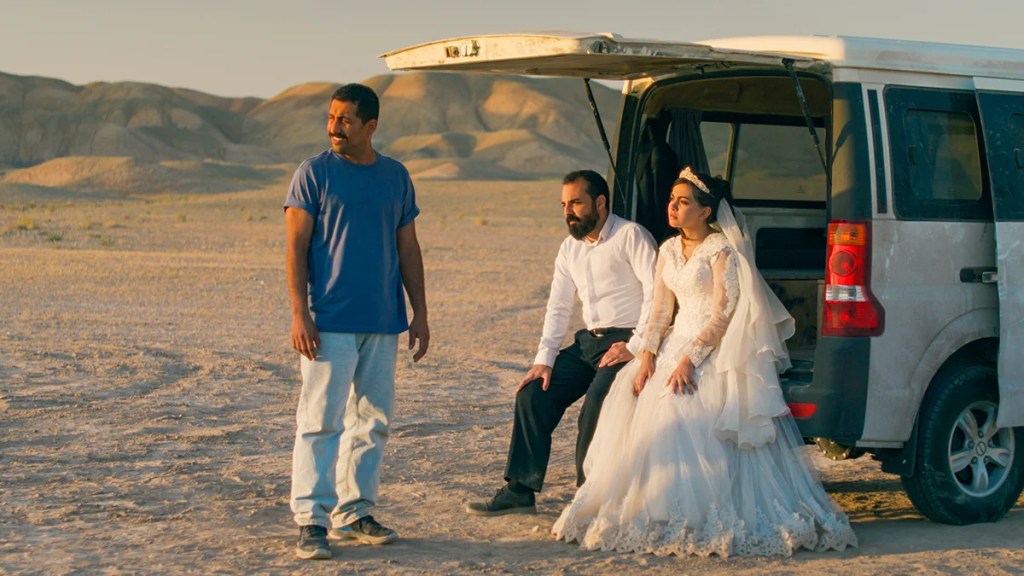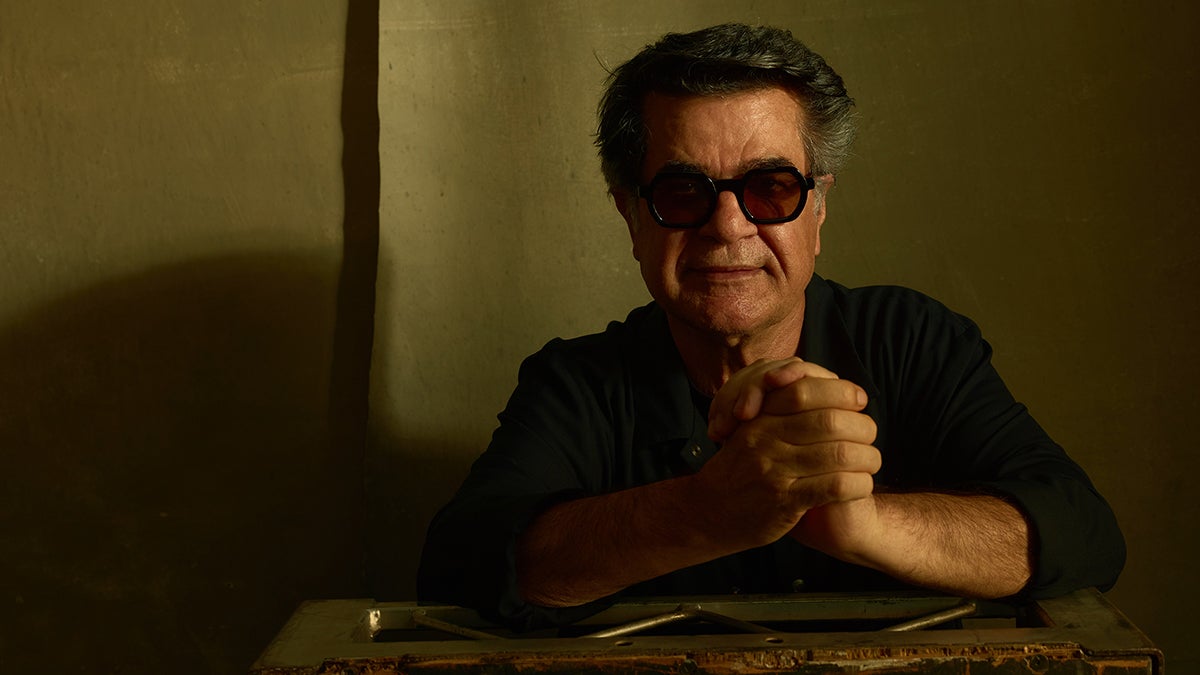TORONTO: Jafar Panahi knows a bit about censorship. He has been making movies in and about Iran for more than three decades under an authoritarian Islamic regime, but his work has never been more at risk than today.
His latest film, “It Was Just an Accident,” was made in secret while the filmmaker remains under a filmmaking ban imposed by his government in 2010, when he also was sentenced to six years in jail for alleged “security” crimes. He served seven additional months in 2022 before being released after going on hunger strike. His new film was shot without a permit and features women not wearing the hijab. It is his first film since being released from jail in Iran and his fourth film made since his ban.
With all that, Panahi said he recognizes signs of rising authoritarianism in the United States in an interview with TheWrap at the Toronto Film Festival, where “It Was Just an Accident” screened this week on the heels of its North American premiere in Telluride, Colorado.
“The truth is that this time when I came to the States, I got scared,” he said, speaking through a translator. “My fear comes from the encounters I’ve had with the artists, the intellectual class and different groups of people. My sense was that they are all censoring themselves and they are afraid of what’s coming.”
He went on: “Sometimes, when they are talking, they bring their voice down, as if someone is listening to them. These signs are narrating a bad future. And the scary part is that we’re seeing these signs in the United States. This is not going to be anything good for the world. It can put the world at risk. I wonder how anyone could tolerate the situation here.”
While Panahi, 65, is not an expert on American freedoms or lack thereof, he is an expert on living under an authoritarian government. As an artist, he has made a choice to live on the edge of the regime’s tolerance, always at risk of arrest, interrogation or worse. Unlike other dissidents, he refuses to leave his country. Instead he pursues his craft, making human scale stories about morality, betrayal and difficult choices from a grey zone where his best protection is his world renown.
 A scene from “It Was Just An Accidnet” A Film by Jafar Panahi (Photo Credit: Courtesy of The Cannes Film Festival)
A scene from “It Was Just An Accidnet” A Film by Jafar Panahi (Photo Credit: Courtesy of The Cannes Film Festival)
“It Was Just an Accident” sprang directly from his experiences in jail over seven months. The story immediately subverts the viewer’s expectations in an opening scene with a father, mother and young daughter returning from a road trip at night, and the car breaking down. But the mechanic who helps the family recognizes the father as his torturer from prison. He determines to follow the man to his home and get revenge.
Except he’s not entirely sure the man is the torturer. And so one by one he brings in a cast of fellow travelers, dissidents from prison also tortured by the same man – a bride, a photographer, a street vendor. And they have to decide whether they are capable of murder and torture themselves. It is a story layered with pathos, humor, absurdity and ultimately weighty moral decisions.
After “It Was Just an Accident” won the Palme d’Or at the Cannes Film Festival in May, France’s foreign minister Jean-Noël Barrot called Panahi’s win “a gesture of resistance against the Iranian regime’s oppression.” The French charge d’affaires in Tehran was promptly summoned to the Iranian foreign ministry and told that Barrot’s message was “irresponsible and provocative.”
Panahi explained why, despite the ban and despite his prison sentence, he continues to defy the government and make films.
“People aren’t afraid to take to the streets, women aren’t afraid to unveil and they come to the streets without their veil,” he said. “We’re not doing anything bigger than that … I think that what [ordinary] people do is greater than what we do, because they’re at a bigger risk every moment. When I was in prison, a lot of prisoners would go on hunger strikes, and no one heard about it. So compared to what other people do, really there’s no risk.”
The decision to continue to make films is less complicated than it may appear.
“When you’re standing outside a place where there are problems, everything looks more difficult. You wonder, ‘How could something get done?’” he asked. “But people do find solutions. So then you come to the context of living in a dictatorship in a country, not just in Iran but, for instance, in the former Soviet Union, in China, in Eastern Europe, all these problems did exist, and people and artists still found a way, and they did what they wanted.”
He paused. “Of course, in regimes as such as the Iranian regime that are all over the world, making art comes with a price, and it’s a price that you would accept.”
The film is an homage to his fellow dissidents, some of whom are still in jail. “Perhaps if I had not stayed in prison for seven months, I would have not been able to make this film,” he reflected. “I might say that this is not my film. This is the film made by a government that has thrown me in jail. So – this is a film by the Islamic Republic.”
Absurd as that sounds, many situations arise that seem absurd in Panahi’s world. He continues to press through and finds a path to create. Almost no information was released about this film until it was announced as going to Cannes.
“Artists are creative the same way that they’re creative in making the work. They’re creative in finding a way to make the work and show it,” Panahi said. “In fact, when an artist is just creative in their work, it’s not anything extraordinary. But when they become creative in showing the work, making the work, then that creativity, to me, is twice as important.”
Despite its Cannes debut and Palme d’Or win in May, “It Was Just an Accident” has not been shown in Iranian theaters. It opens in the United States in October, distributed by Neon.
See all our TIFF coverage here.


